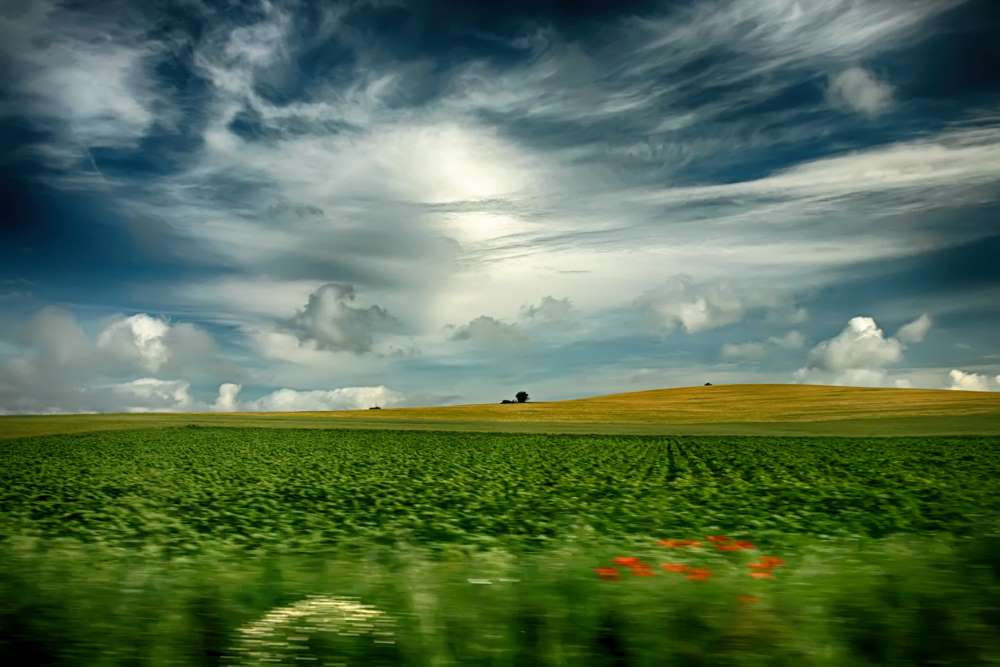
It is easier said than done to buy a farm lot. When more agricultural land is required for more revenue and helps reduce expenses, sticking to a budget may seem difficult. Fertile farmlands easily pay for themselves with good returns on investments as yields increase year after year. However, in today's farm economy, many farmers wonder how they would afford to buy their fields.
Factors To Consider When Buying A farm Lot
Purchasing a farm lot is a difficult choice to make. In reality, you will have to spend time looking at and investigating various properties before you find one that you like and that fits your needs. Whether you are looking for land for farming or real estate, taking the time to checkout Jacob Realty's website will help you find what you are looking for. Otherwise, think of the following considerations as well.
-
Farm Location
Regardless of the property type, the most important thing to consider when buying real estate is the area. Since location is such a broad concept, it inherently encompasses several land-buying considerations. For example, if you place a premium on the right location, such as a Nature Reserve, you will have to consider the accessibility, highways, transportation, services, and future growth potential of the region.
You may also determine the quality of the land-based on its location. Furthermore, even if the land development project is the same, location is important because soil strength can vary. Consequently, you must be very careful when selecting the right location and, more importantly, the right plot before making a purchase.
-
Land Topography
A survey is required before purchasing land. Determine whether your land is zoned for residential or agricultural use This will tell you whether you can legally follow your farming objectives. Make observations to see if the land is:
-
Fertile or rugged.
-
Drain thoroughly.
-
The swampy or forested terrain
Land topography, such as flood plains, may affect the property's utility. Farming and logging are not feasible due to the steepness of the land. Look at topography maps of the land, and nothing beats walking around the house. Before you make the big purchase, take a close look.
-
Incentives
In certain cases, particularly after a natural disaster, the local government can provide incentives in tax cuts or expedited planning approval to help people restore their homes. For example, in Malibu, California, construction regulations were relaxed to assist in rebuilding communities devastated by previous fires. You can take advantage of these offers as soon as possible.
-
Soil Conditions
Your farm is doomed from the start if you don't have good soil. Determine if the soil on the property you're considering is suitable for the crops you want to grow. Do they get enough of the right vitamins and minerals? How does the acidity level appear? Is adequate drainage in place? Before making a purchase, request a soil profile from the seller or do your own research.
-
Water Availability
If you want to buy undeveloped land, you'll need to get a water well drilled. Established farms may be using a shallow dug well that was dug decades ago and has since dried up. Consider the cost of drilling; depending on the type of ground, it may be considerably more costly.
Ponds, brooks, lakes, and anything else that can provide water for your animals should be considered if you want to raise livestock. Examine the water table and whether or not the land is vulnerable to flooding. For a large portion of the year, a seasonally flooded field cannot be used for livestock.
-
Road Access
When purchasing land, you must be able to obtain it quickly. That means you'll need to know if the roads leading to your property belong to someone else. If that's the case, you'll need to get legal permission to use them.
It is possible that legal access to roads would come with a charge and an agreement to split road maintenance costs. Yes, it is inconvenient. However, it is important to consider before making a decision. You may as well not buy it if you don't have an easement.
It is important to remain grounded and have reasonable expectations, as exciting as it is to fantasize about your first farm purchase. Purchasing the first piece of farmland is unlikely to be your last. Farming is not a profession in which one will really truly arrive. There will always be another chance, a new challenge, a new hard lesson to learn, and a new achievement to achieve. And, more importantly, there will always be another farm.



























